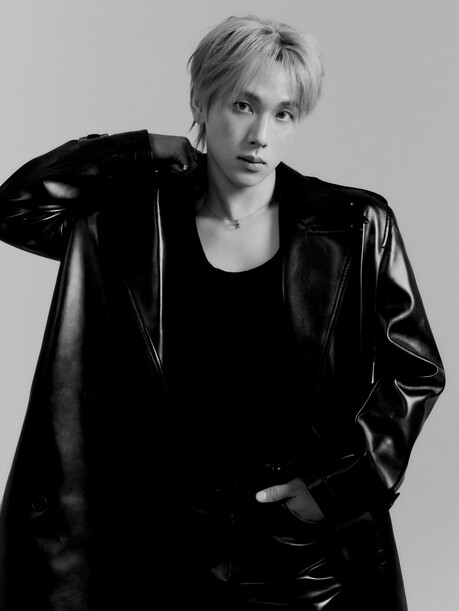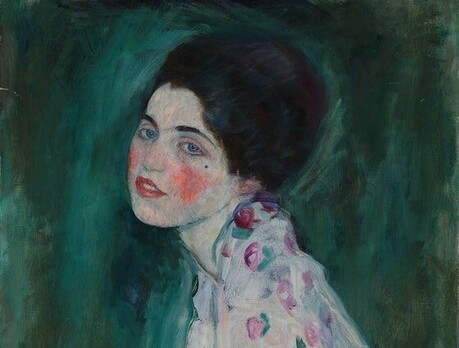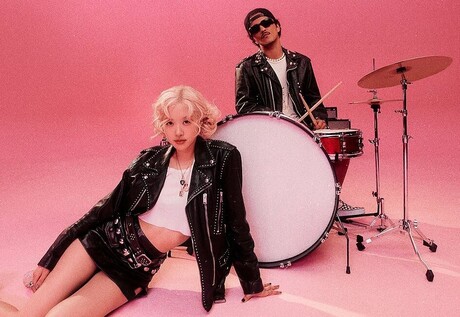A provocative bronze statue depicting former President Donald Trump and convicted sex offender Jeffrey Epstein holding hands was swiftly removed from Washington D.C.'s National Mall after appearing for less than 24 hours this week. The installation, titled "Best Friends Forever," showed both men smiling at each other with arms and legs raised as if caught mid-frolic, despite having obtained proper permits to remain on display until Sunday evening.
The statue featured a plaque reading "In Honor of Friendship Month, we celebrate the long-lasting bond between President Donald J. Trump and his 'closest friend,' Jeffrey Epstein," decorated with hands forming a heart shape. September is widely recognized as Friendship Month, adding another layer of satirical commentary to the controversial artwork that appeared near the U.S. Capitol on Tuesday morning.
A group calling itself The Secret Handshake claimed responsibility for the installation after it materialized on the National Mall. According to documents obtained by NPR, the National Park Service had issued a permit allowing the statue to remain in place until Sunday evening. However, eyewitness video footage captured U.S. Park Police loading the statue onto a truck before dawn on Wednesday, cutting short its planned display period.
A spokesperson for the Department of the Interior explained that the statue was removed "because it was not compliant with the permit issued," though they declined to specify exactly how the installation violated permit terms. The Secret Handshake accused the Trump administration of illegally removing the artwork as part of a broader crackdown on speech critical of the president, citing recent pressure on media outlets including ABC's temporary suspension of Jimmy Kimmel's late-night show under Federal Communications Commission pressure.
White House spokesperson Abigail Jackson responded to the controversy by stating, "Liberals are free to waste their money however they see fit – but it's not news that Epstein knew Donald Trump, because Donald Trump kicked Epstein out of his club for being a creep." The White House did not respond to additional questions about the artwork's removal process.
A Secret Handshake member, speaking anonymously due to fears of retaliation from the Trump administration, told NPR via email that the group learned late Tuesday that "some people within the parks department aka most likely the Trump administration were trying to find ways to say we were not in compliance." The group had been assured they would receive 24 hours' written notice before any removal, as stipulated in their permit.
"Instead, they showed up in the middle of the night without notice and physically toppled the statue, broke it, and took it away," the anonymous member explained. "We do not know where it is." By Wednesday afternoon, the group was allowed to see the damaged statue and sent photographs to NPR showing the figures ripped from their pedestals and broken into pieces.
The relationship between Trump and Epstein has remained a sensitive subject for the former president, who has repeatedly sought to distance himself from the disgraced financier. Trump and Epstein moved in similar social circles in Florida and New York City beginning in the 1980s, socializing at parties and traveling together on Epstein's private jet. In a 2002 interview, Trump called Epstein "a terrific guy" and referenced their shared interest in beautiful women.
Trump claims their friendship ended before 2006, when Epstein was indicted for soliciting prostitution. Following Epstein's 2019 arrest on sex trafficking charges, Trump repeatedly described himself as "not a fan" and said they hadn't spoken since a falling out approximately 15 years earlier. In July, Trump stated he had banned Epstein from his Mar-a-Lago club in Florida after Epstein repeatedly "stole" spa employees, including young women.
Epstein's life and death in jail in August 2019 continue to generate intense public scrutiny and suspicion, particularly regarding allegations that his wealthy, powerful network helped facilitate and cover up his crimes. While several prominent figures, including Trump, have appeared in flight logs and other released records related to Epstein's case, no public evidence suggests their involvement in Epstein's offenses.
Trump's refusal to release the Epstein files, despite campaign promises to do so, has drawn bipartisan criticism and congressional pressure. In August, the House Oversight Committee subpoenaed thousands of pages of Justice Department records regarding investigations into Epstein and his associate Ghislaine Maxwell, releasing some documents earlier this month.
Among the released materials was a 50th birthday well-wishes book that Epstein's friends created for him in 2003, containing a crude image signed by Trump. When the Wall Street Journal first reported on this note in July, Trump dismissed it as "fake" and sued the publication for defamation. Notably, the plaques beneath the Trump and Epstein statues bore quotes from that letter, including "Happy Birthday – and may every day be another wonderful secret."
This friendship statue represents the latest in a series of satirical anti-Trump sculptures that have appeared in Washington D.C. over the past year. The Secret Handshake told NPR it was responsible for almost all of them and had never encountered permit difficulties with previous installations.
The first statue arrived on the National Mall in late October, just before the 2024 election. Titled "The Resolute Desk," it featured a bronze replica of former House Speaker Nancy Pelosi's desk complete with nameplate, phone, Post-it Notes, file folders, and a perfectly swirled pile of feces resembling a poop emoji. The plaque honored "the brave men and women who broke into the United States Capitol on January 6, 2021 to loot, urinate and defecate throughout those hallowed halls in order to overturn an election."
Days later, another bronze statue appeared in Freedom Plaza near the White House, showing a fist clutching a tiki torch. Titled "The Donald J. Trump Enduring Flame," it referenced the 2017 "Unite the Right" white nationalist rally and Trump's response. The plaque read, "This monument pays tribute to President Donald Trump and the 'very fine people' he boldly stood to defend when they marched in Charlottesville, Virginia."
Two additional satirical statues appeared on the National Mall in June. One featured a giant golden thumbs up crushing the Statue of Liberty's crown and head, with "DICTATOR APPROVED" and quotes from authoritarian leaders praising Trump, including Russia's Vladimir Putin, Hungary's Viktor Orbán, North Korea's Kim Jong Un, and Brazil's former president Jair Bolsonaro.
The following week, that statue was replaced with a golden bald eagle perched on a gilded television set playing continuous footage of Trump dancing. The pedestal quoted the White House's response to the previous week's statue: "In the United States of America you have the freedom to display your so-called 'art,' no matter how ugly it is."
Earlier this month, during a Federal Reserve interest rate meeting, a golden statue of Trump holding a giant bitcoin appeared on the Mall for one day. The Secret Handshake clarified this was not their work, with a collective of cryptocurrency investors taking credit, stating it was designed to prompt "conversation about the future of government-issued currency" and "reflection on cryptocurrency's growing influence." The Trump-Epstein statue's rapid removal marks the first time any of these satirical installations has been taken down despite having proper permits, raising questions about free speech and government overreach in public art displays.






























